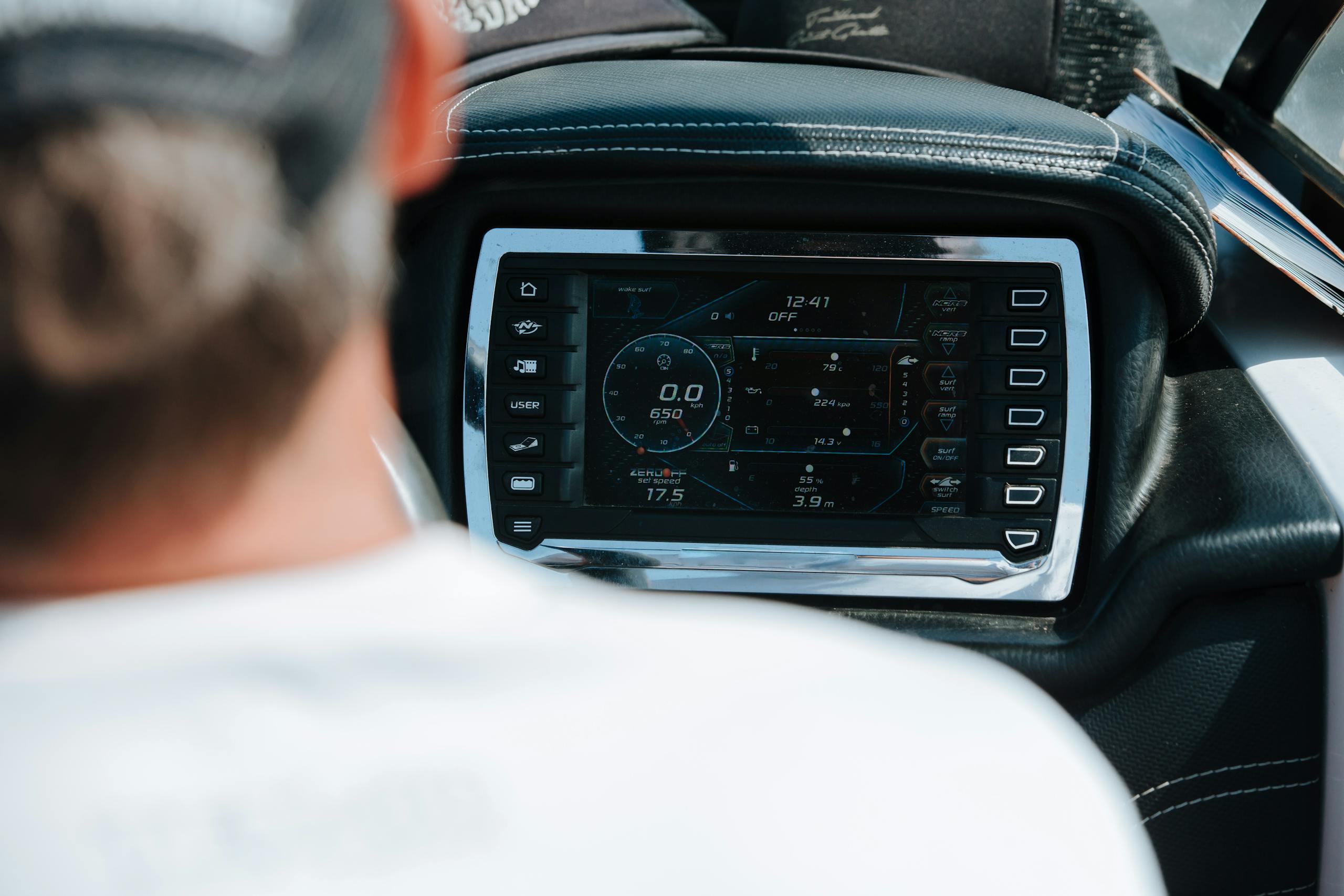Electrical system corrosion on boats can cause failures, decrease reliability, and pose safety risks. Here are tips to prevent corrosion in your boat’s electrical system.
1. Use Marine-Grade Materials
- Wires and Connectors: Use marine-grade wires and connectors, which are designed to resist corrosion and withstand the marine environment.
- Terminals and Blocks: Choose marine-grade terminals and terminal blocks with protective coatings.
2. Proper Sealing and Insulation
- Heat Shrink Tubing: Use heat shrink tubing over crimped connections to seal out moisture.
- Self-Vulcanizing Tape: Apply self-vulcanizing tape around connectors and terminals for an additional moisture barrier.
- Sealant: Use appropriate marine sealants around penetrations and connections exposed to the elements.
3. Corrosion-Resistant Connections
- Tinned Copper Wire: Use tinned copper wire, which is more resistant to corrosion than bare copper.
- Marine Grease: Apply marine-grade grease to terminals and connections to prevent moisture ingress and corrosion.
4. Regular Cleaning and Maintenance
- Inspect and Clean: Regularly inspect terminals, connectors, and wiring for signs of corrosion. Clean any corroded areas with a wire brush or contact cleaner.
- Replace as Needed: Replace any components showing significant corrosion to prevent electrical failures.
5. Proper Ventilation
- Dry Environment: Ensure that the electrical compartments are well-ventilated to reduce moisture buildup.
- Dehumidifiers: Use dehumidifiers or moisture absorbers in enclosed spaces to keep humidity levels low.
6. Avoid Electrolysis
- Bonding System: Use a bonding system to connect all metal parts and reduce the risk of electrolysis.
- Isolators: Install galvanic isolators on shore power connections to prevent electrolysis from shore power systems.
7. Battery Maintenance
- Clean Terminals: Keep battery terminals clean and free of corrosion. Use a terminal cleaner and apply a protective coating.
- Proper Ventilation: Ensure batteries are properly ventilated to prevent hydrogen gas buildup and reduce the risk of corrosion.
8. Prevent Water Intrusion
- Waterproof Components: Use waterproof or water-resistant components in areas prone to water exposure.
- Sealed Enclosures: Install electrical components in sealed enclosures to protect them from water and moisture.
9. Use Corrosion Inhibitors
- Spray Coatings: Apply corrosion-inhibiting sprays to electrical connections and terminals for added protection.
- Protective Products: Use products designed to protect against corrosion, such as dielectric grease or anti-corrosion gel.
10. Regular Inspection and Testing
- Routine Checks: Include electrical system inspections in your regular maintenance routine.
- Continuity Testing: Use a multimeter to test the continuity of circuits and connections regularly.
By implementing these tips, you can significantly reduce the risk of corrosion in your boat’s electrical system, enhancing reliability and extending the lifespan of your electrical components.



